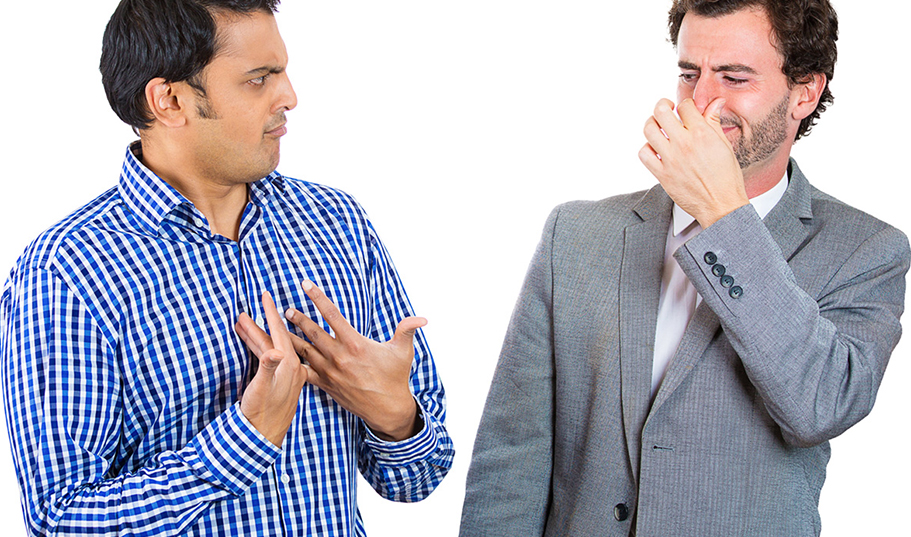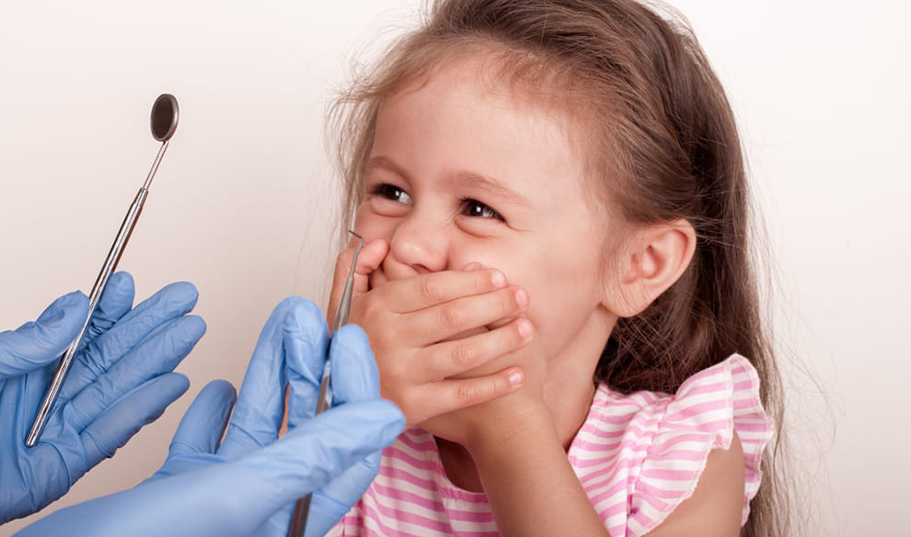
Your Best Dental Experience Here
Blogs
How Saliva Impacts Your Oral Health

Article at a Glance
- Saliva is a clear liquid that aids in digestion and maintaining oral health in humans.
- Saliva aids in digestion and helps keep your mouth moist and comfortable. It also fights germs, bad breath, tooth decay, and gum disease.
- Not producing enough saliva leads to dry mouth which can be caused by dehydration, medications, and certain diseases.
Producing too much saliva, known as hypersalivation, can be temporarily triggered by eating spicy foods or pregnancy. Chronic hypersalivation could be a sign of an underlying condition.
What’s the big deal about spit? More properly known as saliva, the clear liquid produced in and around your mouth is often a source of curiosity for kids. It’s actually very important for digestion and the health of our mouths. Learning more about saliva and how it helps will leave you re-thinking the importance of spit.
What is Saliva?
In short, saliva is a clear liquid created by glands in your mouth. The function of saliva is to begin the digestive process but it’s also important to oral health.
What is Saliva Made of?
Saliva is mostly water, approximately 98% in fact. It also contains electrolytes, mucus, antibacterial compounds, and enzymes. One specific enzyme in saliva is amylase which breaks down starches to begin the digestive process.
Where Does Saliva Come From?
Humans have six major salivary glands located inside each cheek, at the bottom of the mouth, near the front teeth, and near the jawbone. There are also hundreds of minor salivary glands. The saliva is transported through tubes known as salivary glands.
Saliva production is triggered by chewing. When you chew, muscles compress the salivary glands which in turn push saliva through the salivary ducts. The more you chew, like with crunchy greens, the more saliva you’ll produce. Sucking on hard candies can also trigger saliva production.
Why Do We Need Saliva?
It’s easy to underestimate the importance of saliva, but it’s crucial for human digestion and oral health. The human body is capable of producing two to four pints of saliva per day, mostly in the afternoon.
- Saliva keeps your mouth comfortable by preventing dryness.
- You can chew, taste, and swallow because of saliva.
- Saliva helps clean away food and debris from the teeth after eating.
Strengthens teeth because saliva contains calcium, fluoride, and phosphate ions.
The antibacterial compounds in saliva help fight germs and bad breath.
Proteins and minerals in saliva protect tooth enamel. They also protect against tooth decay and gum disease.
Saliva is also key in maintaining the appropriate pH balance in your mouth.
What if You Don’t Have Enough Saliva?
When you don’t make enough saliva, you’ll experience dry mouth. It may not seem like a big deal, but continuous dry mouth can cause big problems. Failure to produce enough saliva allows germs and bacteria to thrive in your mouth which can lead to bad breath, tooth decay, gum disease, infections, and decreased taste.
If you notice that you’re having dry mouth, especially if it’s happening every night, you need to speak with your dentist to determine the cause. Dry mouth can be caused by dehydration, some diseases, certain medications, blockages of the salivary ducts, or problems with the salivary glands.
In many cases, it’s fairly easy to treat the symptoms of dry mouth, drink a lot of water and chew sugar-free gum or suck on sugar-free candy to stimulate the salivary glands. However, if your dry mouth becomes chronic, you may need to make adjustments to your lifestyle, medications, or treatment for underlying conditions.
What if You Produce Too Much Saliva?
Other than possibly causing some embarrassment, excess saliva is not often concerning. Known as hypersalivation, excess saliva production is usually temporary and a common side effect of some medications, oral infections, acid reflux, and even pregnancy. It occurs because one or more glands are overactive. Hypersalivation can even be triggered by eating spicy food!
However, if hypersalivation is chronic and it interferes with your day-to-day life, it could be a sign of a more serious condition. If you notice chapped lips, bad breath, dehydration, or difficulty speaking in conjunction with the hypersalivation, see your doctor as soon as possible.
The Importance of Saliva
Saliva is a critical part of the human digestive process. It maintains the environment in our mouths, protects our teeth, and guards against infections. Saliva is pretty amazing when you think about it, but it’s not the only thing keeping your mouth healthy. Just because saliva helps your oral health, you can’t neglect a good oral care routine. Make sure you’re brushing and flossing daily, drinking plenty of water, and visiting your dentist every six months.
Make your dream smile a reality! Call us at: +91 9372030196
Professional Dentists Expert with Modern Technology, We strive to provide the highest quality dental treatment
Contact us



